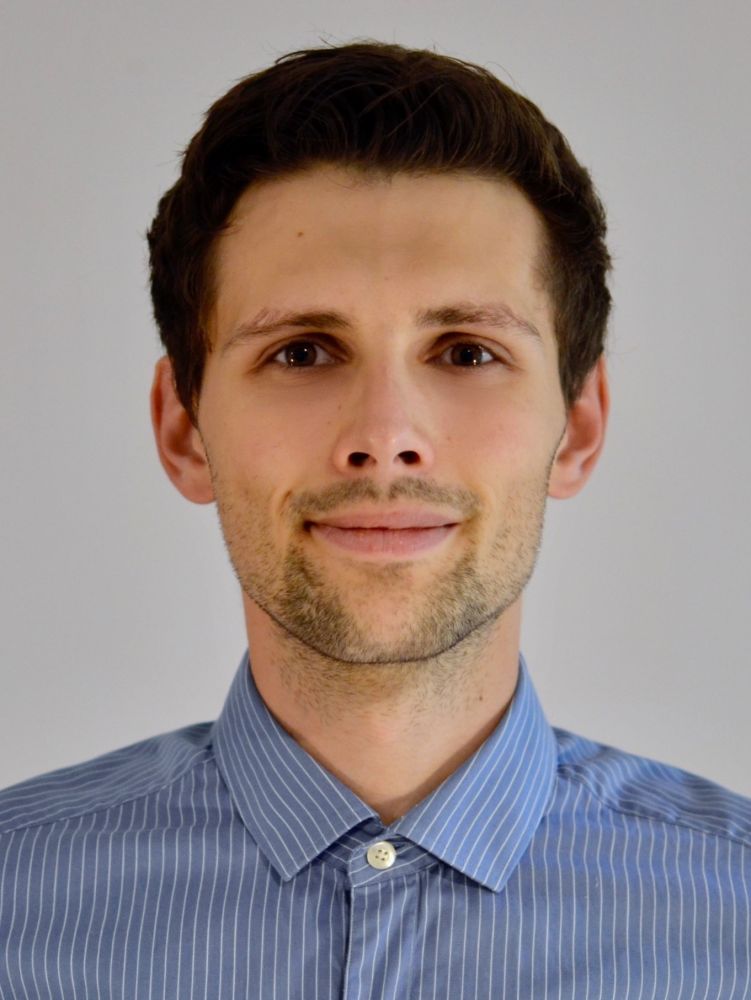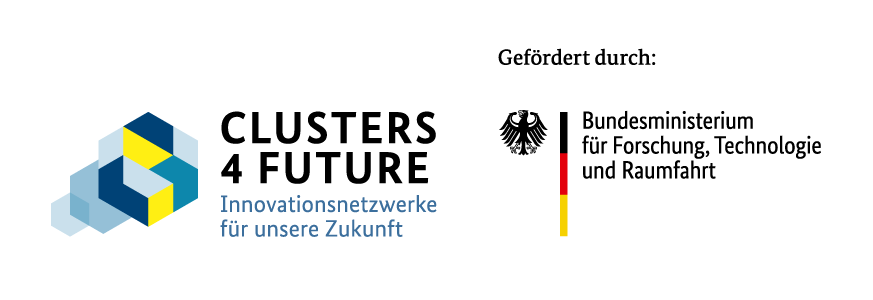
MCube:
What fascinates you about the Munich Innovation Powerhouse?
What key challenge do you see for the future of mobility in general?
What perspective or expertise do you bring to MCube, which project are you leading or which topic do you exemplify?
"For me, MCube means..."
Curriculum vitae: Matthias has been working as a research assistant at the Chair of Settlement Structure and Transport Planning at the Technical University of Munich since 2022. As part of the MCube initiative, he has been involved in the MCube strategy team since 2024. There he is co-project manager of the sub-project WiPa - Effective Participation for Mobility Innovations as well as impact and process evaluator in the project EPURA - Evaluation, Processes, Upscaling, Replication, Application. Previously, he worked as an impact and process evaluator in the SUE - System Design and Evaluation project from 2022 to 2024.
His academic career began with a Bachelor's degree in Environmental Engineering (2014-2018) at the Technical University of Munich, followed by a Master's degree in Environmental Engineering (2018-2022), also at the Technical University of Munich. He specialized in Sustainable Urban Mobility Planning and Water-Food-Energy Nexus. In 2019, he completed an Erasmus semester at the Norwegian University of Life Sciences (NMBU).
No results available

What is MOSAIQ?
Imagine something: There is more space for people. The streets have more trees and plants. Everyone can get around better. That's how your Schwabing-West district could be in the future. How would you like your district to be? We want to talk to you about it!
The project is called MOSAIQ. MOSAIQ is a research∙project. MOSAIQ means: Mobility and urban climate in the future city∙part. The Technical University of Munich is leading the project.
What is MOSAIQ about?
MOSAIQ wants to make the streets in the city∙part more beautiful. People should feel comfortable there. There should be more space. For meetings and plants, for example. You can help decide what is tried out in the Stadt∙teil. The ideas come from you. Some ideas will be tried out on the streets for a certain period of time.
The aim of MOSAIQ is to make urban districts good places to live.
At the same time, the climate in the city should improve. And people should be able to move around the city easily.
What is happening in the district?